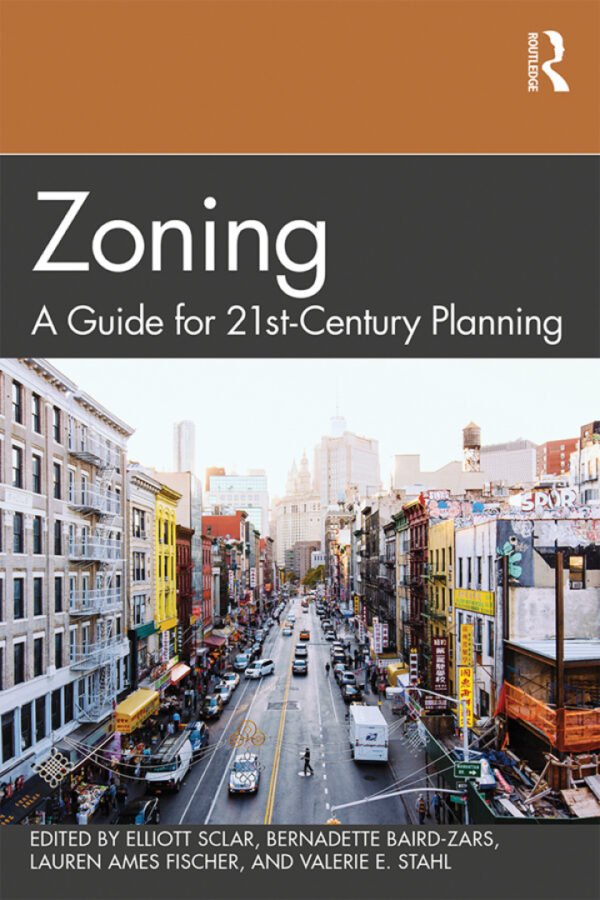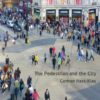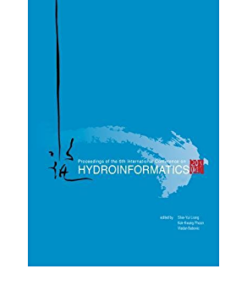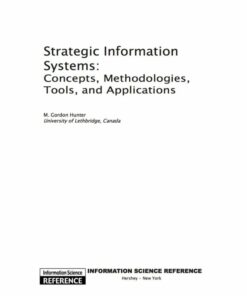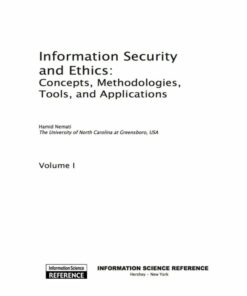Zoning: A Guide for 21st-Century Planning Ebook (okabook.shop)
$25.00
eText ISBN: 9780429951251
Zoning is at once a key technical competency of urban planning practice and a highly politicized regulatory tool. How this contradiction between the technical and political is resolved has wide-reaching implications for urban equity and sustainability, two key concerns of urban planning. Moving beyond critiques of zoning as a regulatory hindrance to local affordability or merely the rulebook that guides urban land use, this textbook takes an institutional approach to zoning, positioning its practice within the larger political, social, and economic conflicts that shape local access for diverse groups across urban space. Foregrounding the historical-institutional setting in which zoning is embedded allows planners to more deeply engage with the equity and sustainability issues related to zoning practice. By approaching zoning from a social science and planning perspective, this text engages students of urban planning, policy, and design with several key questions relevant to the realities of zoning and land regulation they encounter in practice. Why has the practice of zoning evolved as it has? How do social and economic institutions shape zoning in contemporary practice? How does zoning relate to the other competencies of planning, such as housing and transport? Where and why has zoning, an act of physical land use regulation, replaced social planning? These questions, grounded in examples and cases, will prompt readers to think critically about the potential and limitations of zoning. By reforging the important links between zoning practice and the concerns of the urban planning profession, this text provides a new framework for considering zoning in the 21st century and beyond. .eText ISBN: 9780429951251

